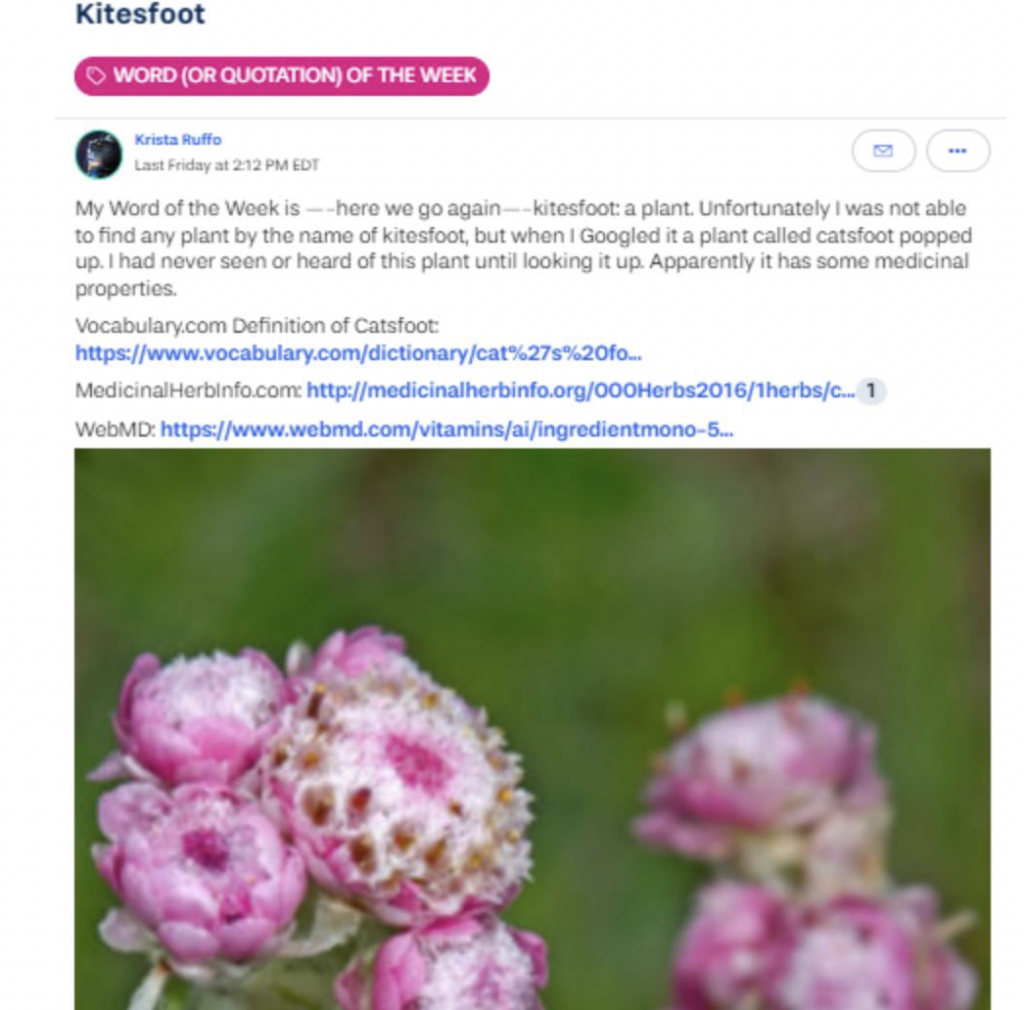Proofreading an 18th-Century Can Be Fun
by Krista Ruffo
The Man, The Legend, The Lexicographer
Samuel Johnson was an 18th-century scholar who suffered all his life from poor mental and physical health, was financially insecure most of his life, endured the death of his wife, and had to drop out of Oxford and never return due to limited funds from his family. Yet through his depression, grief, financial strain, frail health, and consistent disappointment, he still managed to put together a dictionary that would serve as a milestone in the development of the English language.
Samuel Johnson’s Dictionary of the English Language is unique since it was originally created almost entirely by Johnson, rather than a large team of people, and was finished in nine years. Johnson was such an influential writer that the period in which he lived is now sometimes called “The Age of Johnson.”
Johnson’s Dictionary is worth putting online for that very reason, so that we can see how far English has come and who we owe it to for its development. Johnson put many years of work into this project and his efforts deserve to be showcased, even more than two-hundred-and-thirty-years after his death.
My Involvement in the Project & What I Learned
I volunteered this semester as a proofreader. I read through the instructions provided on Canvas on the basics of the Dictionary and how to proofread. Usually on Fridays and Saturdays I’d sit down at my computer, probably with a cup of coffee or chai tea, and open up the Excel spreadsheet that contained my assigned words for the week. I’d click on the “Compare Image and Text” button on the Admin page to ensure that I could see the words as closely as possible. I took my time with this and made sure never to skim anything. I made note of any problems in the spreadsheet. Thankfully, I was always on time with the week’s work (even if I did get it done a day before the deadline), so I never had to play the catch-up game (because no one likes to play the catch-up game, even with this).
Then I’d choose a “Word of the Week.” Usually I would choose a word that I had proofread but occasionally I used the “Random” button when none of my assigned words were standing out to me. I’d login to Yellowdig and post my Word of the Week and wait for the replies from other students. I tried to do a little extra research on the chosen word whenever I posted, just to add some spice to my posts and to show that I was actively participating and enjoying myself and not just drifting along with my assignments. I found this part to be the most fun. I liked finding a word, researching it further, getting surprised at the results, then adding pictures or articles to supplement my find. It was always interesting to see the responses I’d get: some were thought-provoking or downright funny, or both.
I’ve provided three examples of posts I made that I either tried to be humorous (to brighten everyone’s day), added photos or articles to, or some combination of all three:



I think I benefitted this project by assisting with the seemingly unsocial (that might not be a word but I just made it up) task of proofreading to ensure that all transcriptions and images were as they should be, which is important in letting users of the online Dictionary know that they are browsing through something that a lot of hard work has been put into. And, of course, to ensure what they’re reading is as accurate as possible.
I for one had a blast learning about old words that we don’t use anymore, as well as the good old standbys that are still in our language. The inclusion of Yellowdig made all the difference. If we only had to proofread and leave it at that, it wouldn’t have been as fun. Getting to share your finds is important in creating an atmosphere that is both fun and welcoming to volunteers or potential volunteers. Since I usually did my dictionary assignment at the end of the week, it provided a nice way for me to unwind and be creative. The one thing I learned is that it is possible to make a project about an 18th-century dictionary fun.